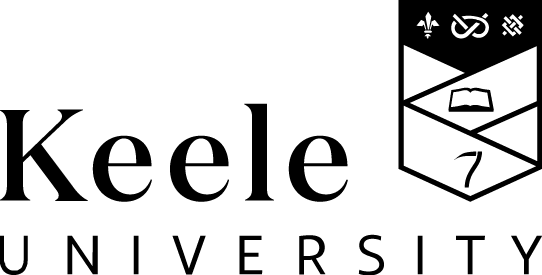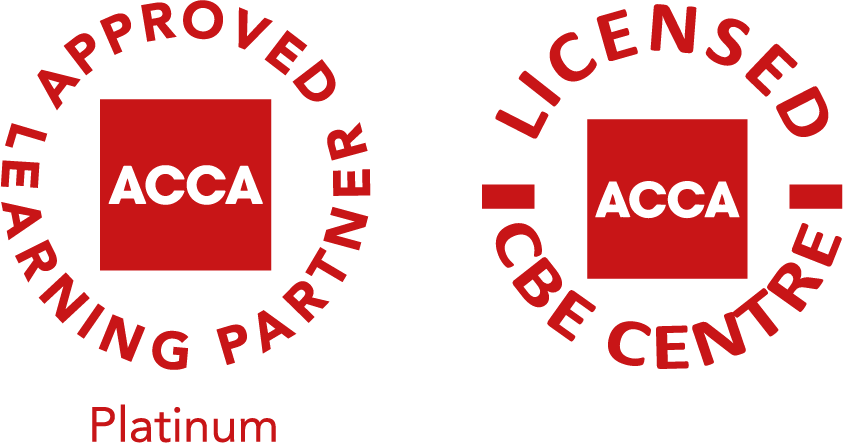About the Course
The MSc in Professional Accountancy, offered by the University of London (UoL), is an international programme designed for finance professionals. It provides master’s-level knowledge to enhance expertise in accountancy and finance.
This programme benefits from the academic leadership of University College London’s (UCL) School of Management—a top 10 global university (QS World University Rankings 2025)—with its esteemed academics meticulously designing modules, developing content, and overseeing all assessments.
What sets this MSc apart is its integration with professional accountancy qualifications. Students can simultaneously pursue their ACCA, CIMA, ICAEW, or other professional certifications while earning a globally recognized master’s degree.
Programme Objectives
- Develop and apply master’s-level skills in accountancy, financial modelling, and corporate finance.
- Critically evaluate alternative solutions using systematic analysis of complex business and financial problems.
- Enhance independent research skills and present complex ideas through various media, including financial reporting and regulatory compliance formats.
Course Delivery and Important Dates
This programme has two intake dates per year: April and October. Admissions are currently open for the April 2025 intake.
Key Dates for Applying and Registering with UoL
| April 2025 Intake | |
|---|---|
| Application open | 17 December 2024 |
| Application deadline | 10 March 2025 |
| Registration deadline | 24 March 2025 |
| Programme starts | April 2025 |
| October 2025 Intake | |
|---|---|
| Application open | 1 July 2025 |
| Application deadline | 8 September 2025 |
| Registration deadline | 25 September 2025 |
| Programme starts | October 2025 |
You can register with The British College, post-registering with UoL and select The British College as the tuition provider.
Key Learning Outcomes:
- Master advanced financial strategies and decision-making that drive organisational success.
- Master the key concepts that drive financial decisions and create value in organisations.
- Navigate the complex relationships that influence management decisions both internally and externally.
- Critically analyse and interpret data for strategic financial decision-making.
- Solve business challenges effectively while building teamwork and leadership skills through real-world simulations.
Why MSc in Professional Accountancy at The British College?
- Guided by the expertise of the top 10 global universities (QS World University Rankings), University College London.
- A valued and recognised qualification by employers
- Claim CPD against the MSc learning hours as a professional member
- Join an international alumni group with various networking opportunities.
- Access as a pathway to enter into reputable Ph.D. programmes
Ready to enroll? Here are the key requirements you need to meet:
To register for the MSc, you must:
- Hold a recognised professional accountancy qualification.
Meet one of the following conditions:
- Your qualification was awarded within the past five years, or
- If it was awarded more than five years ago, you must provide proof that you remain in good standing with your professional body. (This applies to retired or non-practicing members as well.)
| Professional Accountancy Body | Applicant Status |
|---|---|
| Association of Chartered Certified Accountants (ACCA) | Full member (ACCA, FCCA). Affiliates must have passed all examinations. |
| Chartered Institute of Management Accountants (CIMA) | Full member (ACMA, FCMA, CGMA). Applicants must have passed all examinations. |
| Institute of Chartered Accountants in England and Wales (ICAEW) | Full member (ACA and FCA). Applicants must have passed all examinations. |
| The Institute of Chartered Accountants India (ICAI) | Full member only (CA, FCA). |
| The Institute of Chartered Accountants Nepal (ICAN) | Full member only (CA, FCA). |
Check here for entry requirements and accepted qualifications for MSc Professional Accountancy:
https://www.london.ac.uk/study/courses/postgraduate/msc-professional-accountancy#admissions
Learn From the Best
The British Professional College boasts a distinguished faculty of Ph.D. holders, MBAs, FCAs, and FCCAs, combining academic excellence with real-world expertise.
Head of Professional Education: Dipendra K Shrestha
Overview of the MSc Programme
| Elements | Capstone Project | Elective 1 | Elective 2 |
| Credits | 30 credits | 15 credits | 15 credits |
| Assessment | Research Proposal (30%) & Business Simulation (ICARUS) and Final Project (70%) | 1 unseen written end-of-term coursework (100%) | 1 unseen written end-of-term coursework (100%) |
Elective Modules (choose any 2):
- Global Issues in Finance and Accounting (GIFA)
- Analysing Risk for Decision Making (ARDM)
- Issues in Investment Management (IIM)
- Capital Markets and Global Perspectives (CMGP)








